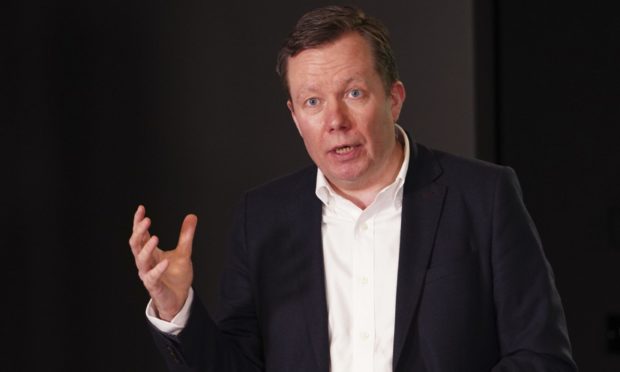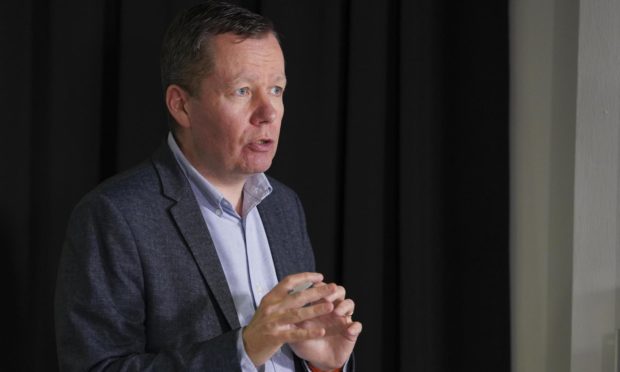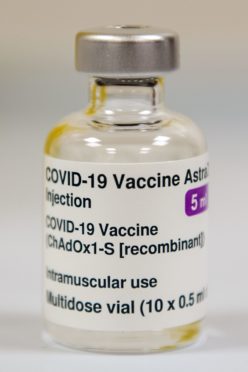The vaccination programme in Scotland is still on track despite restrictions being put on the AstraZeneca vaccine.
Under-30s across the UK will be offered an alternative jab after a study linked the vaccine to a rare form of blood clot.
Scotland’s national clinical director Jason Leitch confirmed that the country is on schedule to offer all residents a first dose of the vaccine by the end of July.
The Pfizer and Moderna vaccines are the alternatives to be given to under-30s, with the AstraZeneca vaccine still being used for the older age groups.
‘We are expecting the supply to improve’
Speaking on Good Morning Scotland, Mr Leitch was asked about whether supply issues would cause a delay for the country’s vaccination programme.
He said: “We are expecting the supply to improve by the end of April because we had a problem with the AstraZeneca supply with a batch that was coming from the big Indian factory and that just levelled off our numbers a bit.
“We are still predicting mid-April for those top groups and even with this news yesterday, end of July for everyone else.
“I’m going on Friday, and will be taking any vaccine that is offered to me.”
Restrictions on AstraZeneca
A number of European countries have restricted the use of the AstraZeneca vaccine in younger people after receiving reports of cerebral venous sinus thrombosis (CVST), a specific type of clot that prevents blood from draining from the brain.
In the UK, the Medicines and Healthcare products Regulatory Agency (MHRA) said there were still huge benefits of the vaccine in preventing Covid-19, and has not concluded that it causes rare clots, although it says the link is getting firmer.
Mr Leitch clarified why the country would still use the AstraZeneca jab, despite the very rare side effect.
He said: “We don’t have enough of every other vaccine and the risk has been monitored with it being decided that it is much more worthwhile to give you the Pfizer or Moderna when you are under-30s.
“Every time you take a medicine or a vaccine, like paracetamol or Ibuprofen, there is a risk.
“We are used to dealing with that as healthcare professionals and as patients, the difference here is we are rolling this out at a pace we’ve never imagined, 20m people so far, so we are finding very rare events occurring because we are doing so many people so quickly.
“There is no suggestion (to phasing out Astrazeneca) because of the scale of the risk being so tiny, remember we are still investigating Pfizer and Moderna so other things will occur.”



